 Eti Edlund founded a coeducational bilingual school in Neve Shalom Photo: Kike Kirzenbaum
Eti Edlund founded a coeducational bilingual school in Neve Shalom Photo: Kike Kirzenbaum
On a hill overlooking the Ayalon Valley sits a cluster of houses, framed by pink bougainvillea and fragrant fig trees.
This idyllic location between Tel Aviv and Jerusalem is the only village in Israel where Palestinians and Jews have deliberately chosen to live together.
A The sign at the entrance shows the name of the community in Arabic and Hebrew — Wahat al-Salam and Neve Shalom, which means «Oasis of Peace.»
“When you come here, you feel like you are in this peaceful bubble » said Adam Tali, 21, a Palestinian who lives here with his family. «When you step outside, you're obviously hit with reality.»
The Oct. 7 Hamas attack in Israel, which killed 1,200 people and took 240 hostages, shook the village of 300 residents to breaking point. core, like the entire nation.
The basic principles of the community — peace, mutual respect, equality — were suddenly under threat.
“For the first few days, it was not just the horror of what happened » said Eldad Yoffe, 68, a Jewish Israeli elected chairman of the municipal council who took the post just as the war broke out.
“There was also a feeling that the state was not functioning and that everything was falling apart.”
 Naema Abodalu, director of a joint bilingual school in a village of about 300 residents. Photo: Kike Kirzenbaum
Naema Abodalu, director of a joint bilingual school in a village of about 300 residents. Photo: Kike Kirzenbaum
The community immediately closed its gates and organized a night patrol — in calmer times, the village was subject to vandalism under threat from Jewish extremists who opposed the idea of peaceful coexistence.
But there was also a presence behind the gates there was tension.
A week after the first Hamas attack, residents began gathering in the evenings at the White Dove Hall, near the entrance to the village.
“Nevertheless, the village's 40 Palestinian and 40 Jewish families met separately to talk — and often and express their opinions.
“It was only from the third meeting that we said we felt safe enough to sit together,” Mr. Joffe said. . It wasn't easy.
“For me, as someone who lives in the middle, October 7 was also difficult,” said 23-year-old Palestinian Nadim Tali. “I felt the impact as someone who has Jewish friends… and also friends in the south where the attacks took place.”
The situation became even more difficult when his best friend, 23-year-old Adam Ben-Shabbat, became one of the 360,000 reservists called up for the war.
Several years ago, Mr. Ben-Shabbat joined the army — as required by the Israeli government for Jewish citizens: 32 months of service for men and 24 months for women.
Conscription has long been a sensitive and difficult issue for the village.
“You cannot create an “oasis of peace” and then force people to join the army. It goes against the grain,” said Adam Tali, Nadim’s brother.
For many Palestinians, the Israeli army is the most visible symbol of occupation and oppression.
But for many Jews, it is a way to serve their country and, depending on the role they take on, a potential launching pad for different careers.
«The Army is the Biggest Villain»
«The Army is the Biggest Villain in our lives,» Nadeem said. “For Adam, he sees it as security.”
When Mr. Ben-Shabbat first joined the army, some of his friends boycotted the going-away party.
 Adam Tali, 21, Palestinian living in Neve Shalom with his family
Adam Tali, 21, Palestinian living in Neve Shalom with his family
His family, staunch nationalists, considered it an “honorable thing to do.”
< p>“For me, as a Jew who grew up here, this is the law,” he said.
“No one can give up the law when it comes, and the belief that we as a country need protection.”
During his first stint in the army, some friends from the village did not communicate with him when he was in uniform; one friend stopped talking to him altogether for six months.
“After I finished, I really wanted to let go and just be Adam from Wahat al-Salam/Neve Shalom and just have that personality,” he said, vowing to never put on the uniform again.
In October, Ben-Shabat was ordered to return to the army along with his brother.
 School welcomes Arab and Jewish children again opened after the outbreak of war between Israel and Hamas. Photo: Kike Kirzenbaum
School welcomes Arab and Jewish children again opened after the outbreak of war between Israel and Hamas. Photo: Kike Kirzenbaum
“This time it has brought a group of friends closer together, pushing them into deep discussions in an attempt to resolve differences — the football games of their youth now replaced by the political debates of their 20s.”
” We have no other choice; We have no other friends!” Said Mr. Ben-Shabbat. “They understand me completely… more than anyone in the world.”
As the war continues, Nadim and two other friends meet weekly in the hope of finding common ground and organizing collective thoughts on paper—a statement with which they can all agree.
“I still say to [Adam], “I understand your decision [to join], but I don’t agree with it,” Nadeem said.
Oasis of Peace was founded by the late Rev. Bruno Hussar, a Jewish-born in 1911 in Egypt. , ordained a Dominican priest and later naturalized as an Israeli citizen.
In the 1970s, between the two Arab-Israeli wars, he convinced the nearby Trappist monastery of Latrun to lease him 100 acres of barren land . for 100 years — for only 25 cents per year.
The title comes from a passage in the book of Isaiah: “My people will dwell in an oasis of peace.”
His vision was to create an interfaith community of Muslims, Christians and Jews, the purpose of which was to promote mutual understanding and respect.
Rajek Rizek, 68, and his wife began visiting the village before settling there in 1984, joining to 22 adults and a handful of children.
There were no paved roads, and access to water and electricity was uneven.
More than three months have passed since the start of the war, and the situation in the village is beginning to normalize. Elementary school has reopened, children are meeting for play dates, and group meditations are taking place.
Everyone agrees that compassion must go both ways, but it is a work in progress.
For the first time, Israel suffered “enormous blow»
Adam Tali added: «I feel like something is being worked on in this village now more than ever because this is one of the first times that the Israelis have suffered a huge blow.»
< p>Mr. Rizek said: “We did not come here as professionals in conflict resolution and management.”
He added: “We are normal people like everyone else who wanted to take this chance… accept this challenge.”
“We are the first and only ones to go through this,” he said.
“There is no book that you can buy, read and teach you how to live together.”
Additional reporting by Kike Kiersenbaum


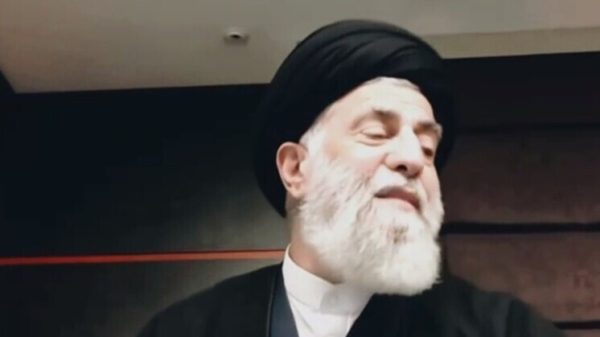




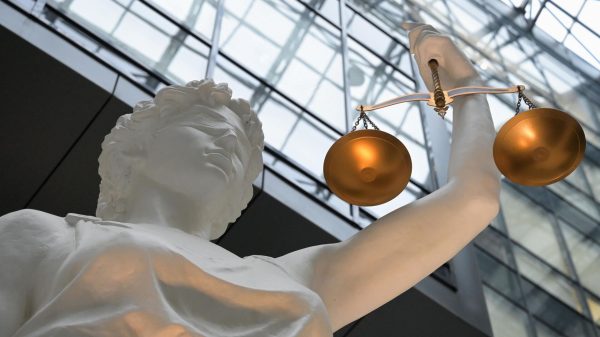
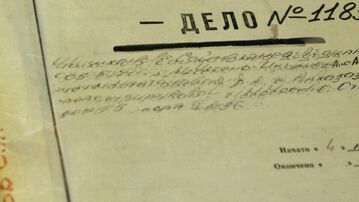
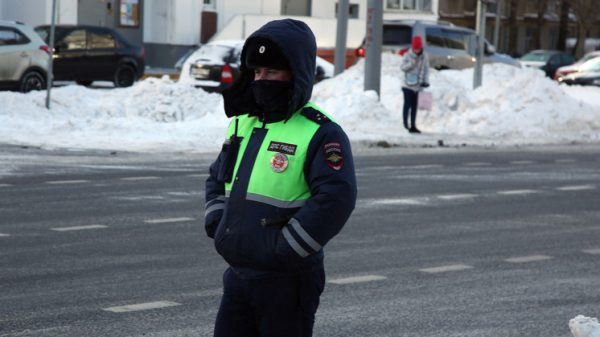
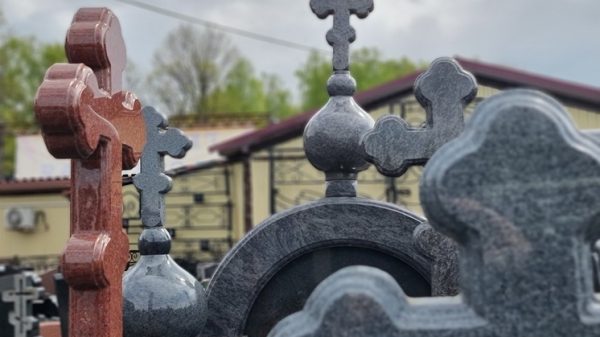
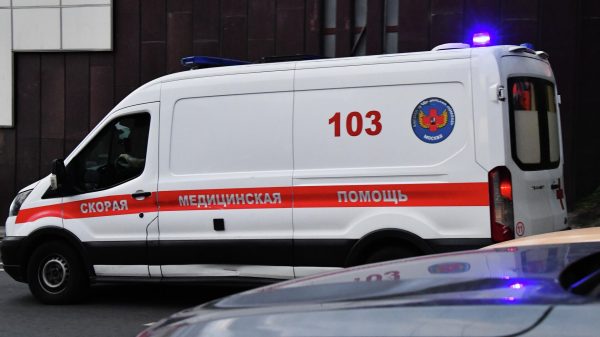
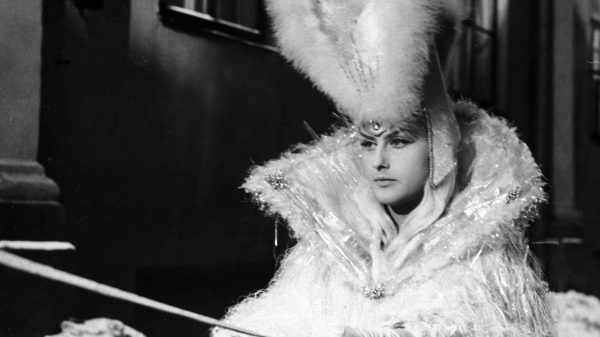
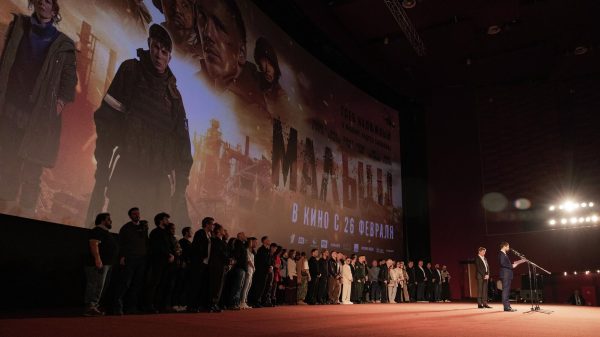



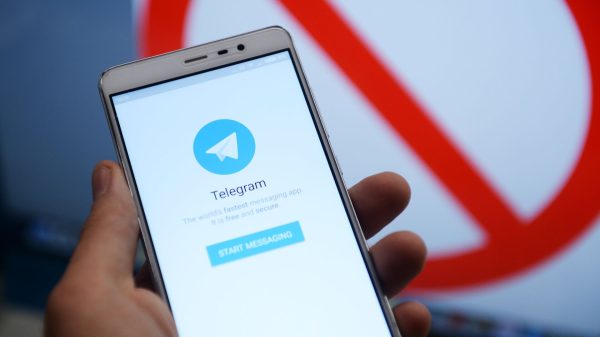
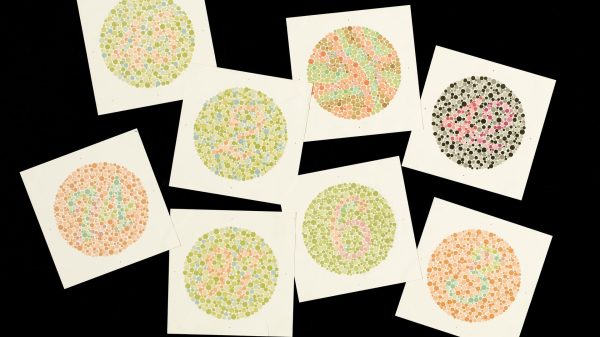
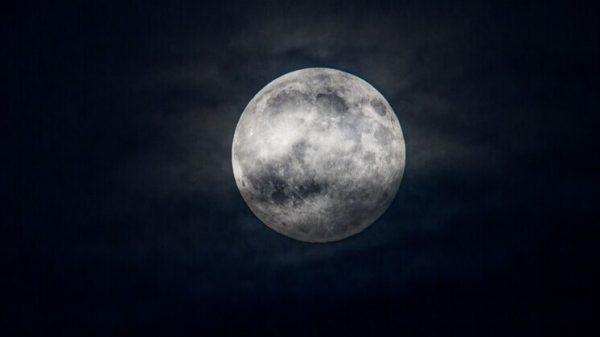














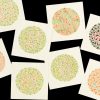

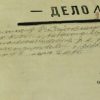

















Свежие комментарии